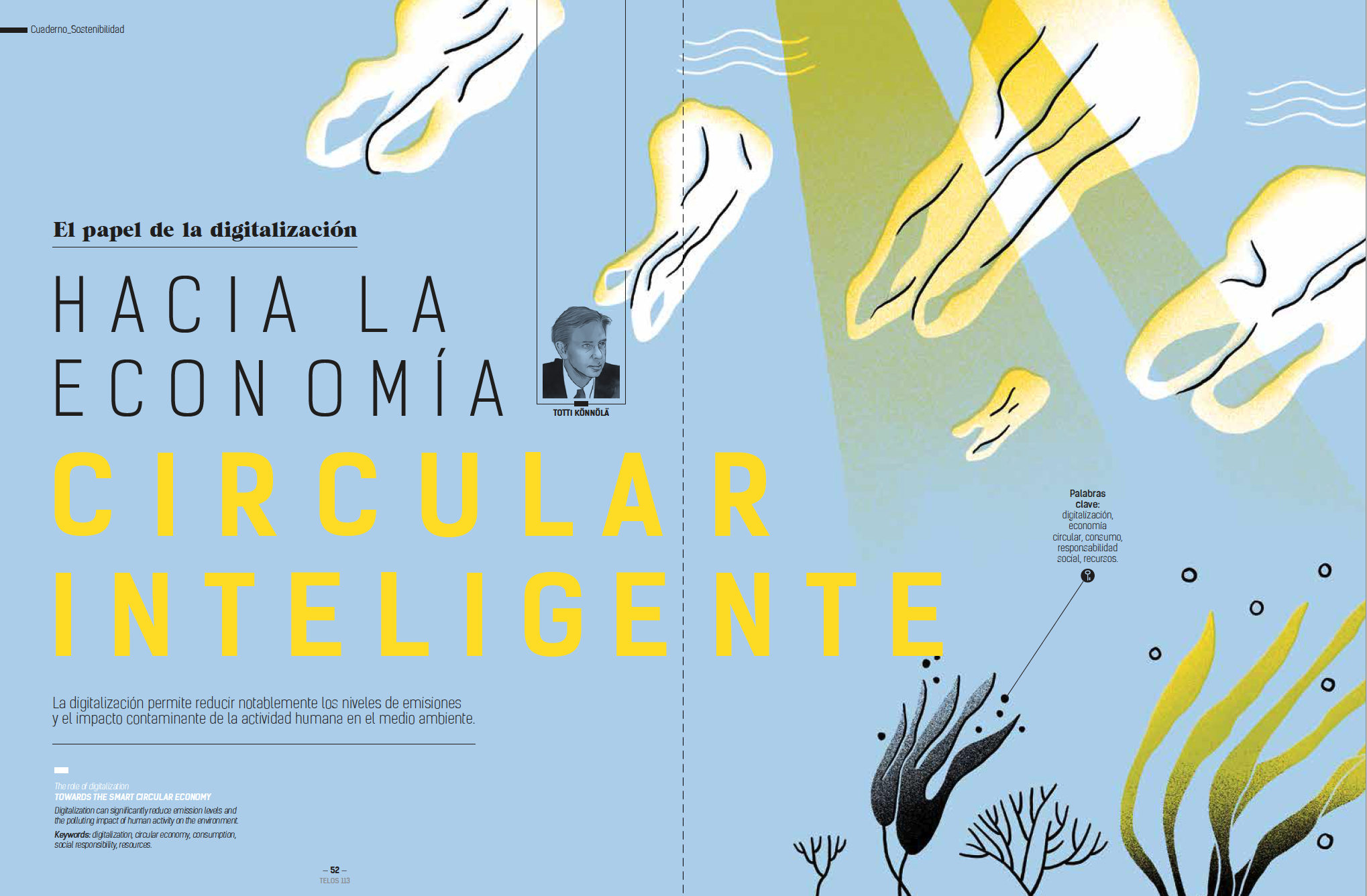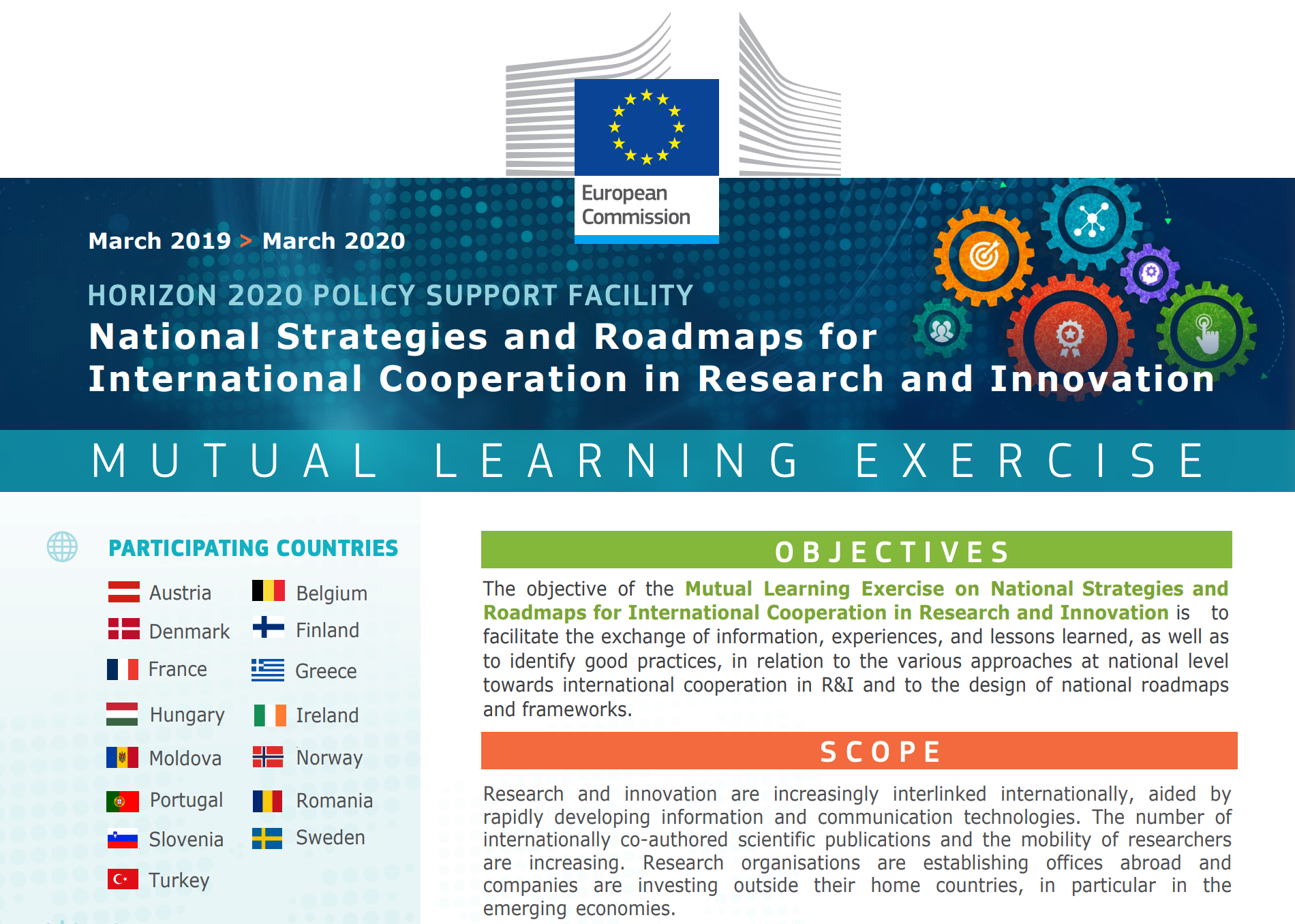CEO of Insight Foresight Institute, Totti Könnölä, writes in the Telos Magazine on the role of digitalization in circular economy. Digitalization can significantly reduce emission levels and the polluting impact of human activity on the environment.

The economic model that society has lived up to now is the linear one that follows the sequence: extract – manufacture – use – throw away and that requires large amounts of cheap and easily accessible energy and other resources, with evident negative environmental consequences. The consumption of these resources is reaching the limit of its physical capacity. Luckily companies are increasingly looking for win-win solutions providing simultaneously greater business competitiveness and a better environmental results.
An alternative that has more and more advocates is the so-called Circular Economy, based on the following three principles:
- design to reduce waste and pollution;
- keep equipment and materials in use longer ; and
- regenerate natural systems.
Applying these three principles involves changing value chains and of business models, which makes it possible to transform the entire economy toward a new paradigm, a more sustainable system.
This concept is capturing interest from both companies and policy makers. In line with the ‘The New European Green Deal’, the European Commission adopts an EU industrial strategy to tackle the double challenge of green and digital transformation. The goal is to harness the potential of digital transformation, which is a key enabler to achieve the goals of the Green Deal. Also in Spain, the Government has elaborated the strategy to promote the transition to the Circular Economy. Including this article results from the debate organized by the Foundation Spain Digital indicating among other initiatives real and growing interest in circular economy.
More information
Download the article in Spanish (free)
Access to the full issue of the Telos including this article.


